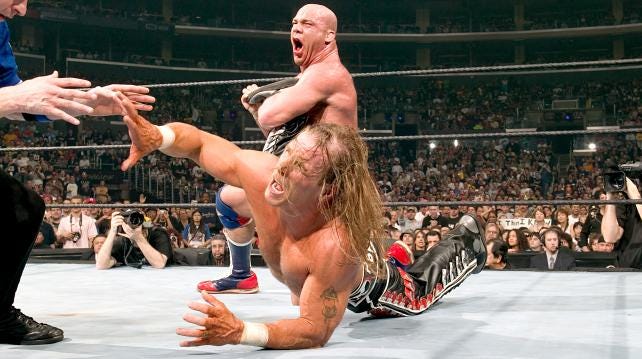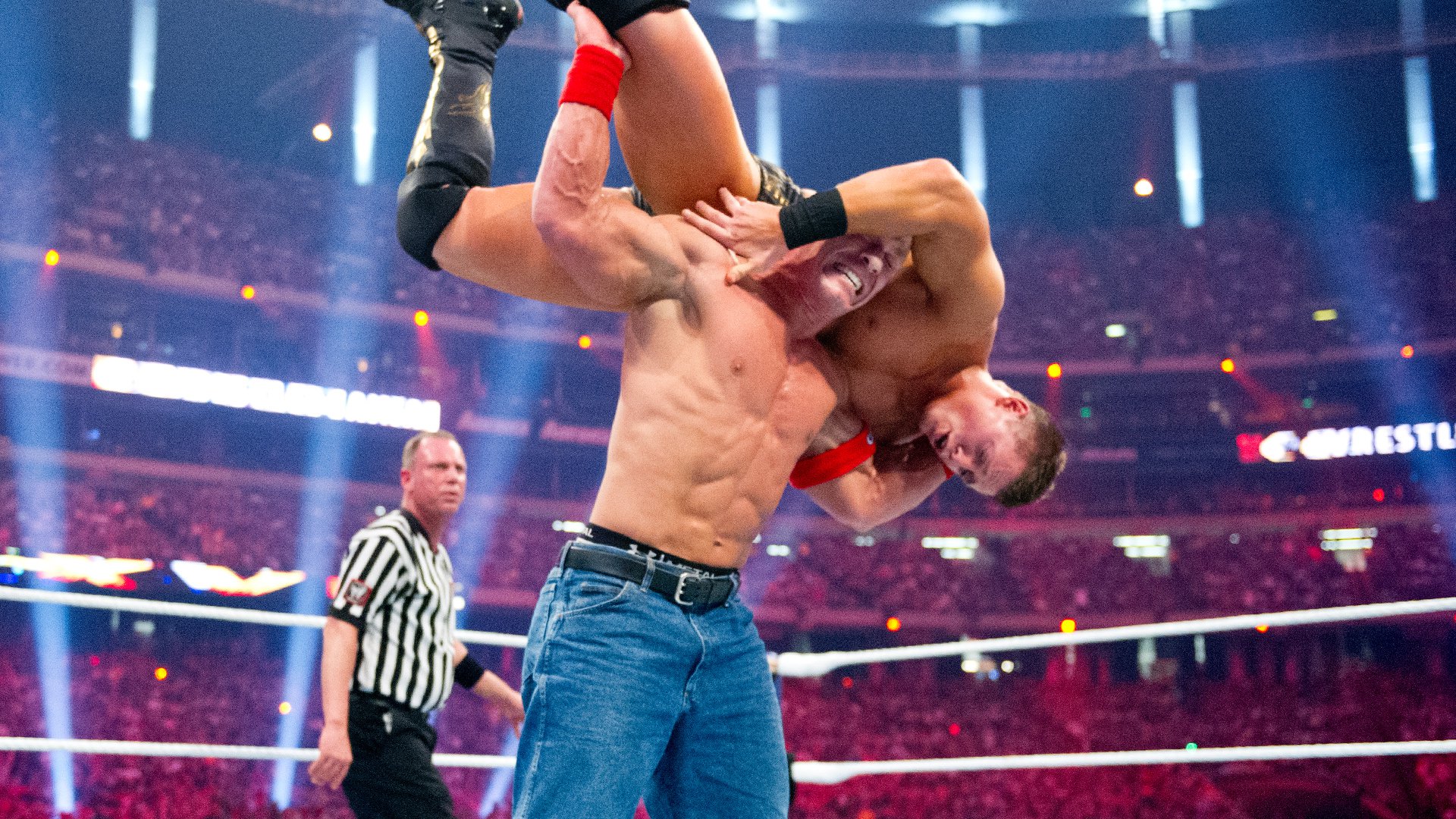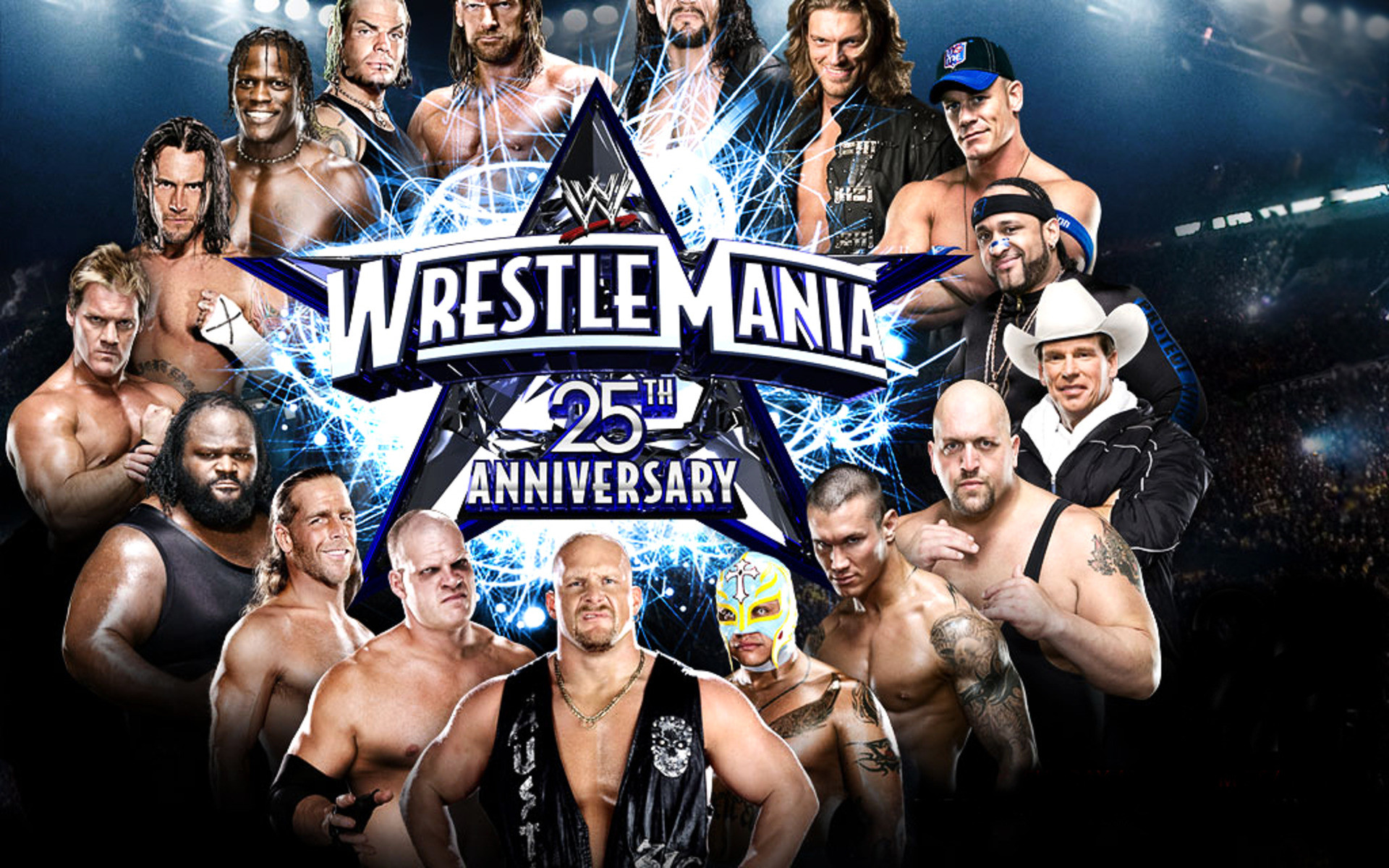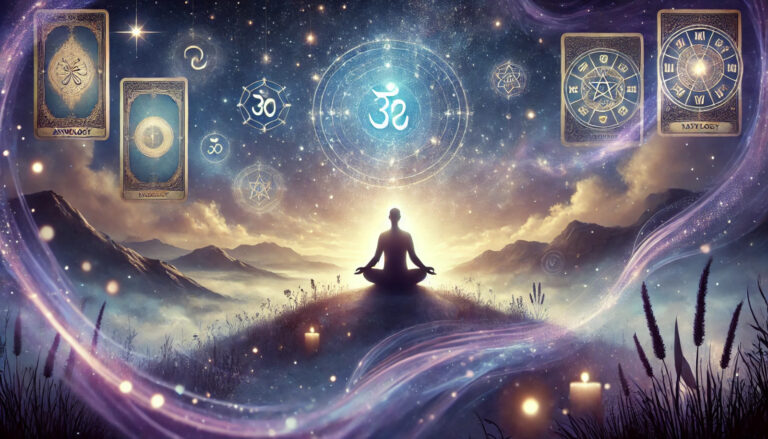Wrestling is Fake or Reality?
The debate over the nature of wrestling is fake or real? – has raged for decades. While the athleticism and physicality are undeniable, the scripted nature of the storylines and outcomes leaves some questioning its legitimacy as a sport.
The Case for Fake:
/cdn.vox-cdn.com/uploads/chorus_image/image/64061732/1_xIh5HBZ699uBFvAGgMo7lg.0.0.0.jpeg)
- Scripted matches and outcomes: Wrestling matches are predetermined, with the winners and losers decided beforehand. This eliminates the element of competition and spontaneity that is essential to sports.
- Emphasis on entertainment: Wrestling prioritizes theatricality and showmanship over athletic competition. The dramatic storylines, flamboyant characters, and elaborate entrances often overshadow the actual wrestling itself.
- Pre-arranged moves and falls: Many wrestling moves are choreographed and executed with cooperation between the wrestlers. This can be seen in the exaggerated impacts, delayed reactions, and the lack of real impact in many strikes.
- Admission by industry figures: Vince McMahon, the chairman of WWE, publicly acknowledged in 1989 that wrestling is “sports entertainment,” not a legitimate sport. This further confirms the scripted nature of the industry.
The Case for Real:

- Athleticism and physicality: Wrestlers are highly trained athletes who perform incredible feats of strength, agility, and endurance. Their training regimens are rigorous and demanding, requiring exceptional dedication and physical conditioning.
- Risks and injuries: Wrestling is a physically demanding activity with inherent risks. Wrestlers put their bodies on the line every time they step into the ring, and injuries are common, sometimes leading to long-term health problems.
- Unscripted moments: While the matches are pre-determined, there is always room for improvisation and unexpected occurrences. The adrenaline and physicality can often lead to genuine moments of emotion and excitement, adding a layer of authenticity to the performance.
- Emotional engagement: Despite knowing the outcome, fans can become deeply invested in the storylines and characters, experiencing genuine emotions like joy, sadness, anger, and excitement. This emotional engagement is a key element of what makes wrestling entertaining.
The Wrestling Enigma: Deconstructing the “Fake” vs. “Real” Debate
The world of professional wrestling has long been shrouded in a cloud of controversy regarding its authenticity. From the outlandish costumes and flamboyant characters to the seemingly choreographed moves and pre-determined outcomes, the question beckons: is wrestling real or fake?
Beyond the Surface: Delving into the Realm of Pre-Determination
One of the most prominent arguments for wrestling being “fake” lies in its pre-determined nature. Matches are meticulously planned, with winners and losers decided beforehand. This carefully crafted narrative allows for dramatic storytelling and the construction of captivating rivalries. However, some argue that this element of control strips away the element of competition, a cornerstone of any sport.
Scripted Spectacle or Athletic Feat? Exploring the Physical Demands of Wrestling

While the outcomes may be predetermined, the athleticism and physical demands placed on wrestlers are undeniable. These performers dedicate their lives to meticulous training, honing their bodies to peak physical condition. From executing gravity-defying maneuvers to enduring brutal blows, their dedication and athleticism are worthy of respect.
The Art of Deception: Choreography, Cooperation, and the Illusion of Reality
Wrestling thrives on the art of deception. Wrestlers carefully choreograph their movements, utilizing calculated timing and cooperation to create the illusion of real combat. This element of performance can be seen as a deliberate attempt to manipulate the audience’s emotions, further emphasizing the entertainment aspect of wrestling.
The Line Between Entertainment and Reality: The Emotional Rollercoaster of Wrestling Fans

Despite knowing the outcome, wrestling fans often become deeply invested in the storylines and characters. They experience genuine emotions ranging from joy and excitement to anger and sadness. This emotional engagement is a powerful testament to the storytelling prowess of wrestling, blurring the lines between reality and fiction.
Breaking the Mold: The Evolution of Wrestling and the Rise of Realism
Modern wrestling has seen a shift towards realism, with promotions like Ring of Honor and New Japan Pro-Wrestling incorporating stiff strikes and dangerous maneuvers. This trend has led to a new generation of wrestlers who prioritize athleticism and in-ring storytelling, blurring the lines between scripted and real.
Beyond the Binary: Embracing the Duality of Wrestling

Ultimately, labeling wrestling as simply “fake” or “real” fails to capture its essence. It exists in a unique space, blending athleticism, performance, and storytelling to create a compelling form of entertainment. It is a spectacle that demands physical prowess, emotional investment, and a willingness to suspend disbelief.
Recognizing the Value: Appreciating Wrestling for What It Is
Whether viewed as an athletic competition or a theatrical performance, wrestling offers a unique blend of entertainment and athleticism. It is a world of larger-than-life characters, captivating storylines, and athletic feats that defy expectations. While the debate over its authenticity may continue, there’s no denying its ability to captivate audiences and inspire generations of fans.
A Legacy of Entertainment: Looking Towards the Future of Wrestling

The future of wrestling remains exciting and unpredictable. With the evolution of technology, the merging of different styles, and the emergence of independent promotions, the possibilities for growth and innovation are endless. As long as wrestling continues to push boundaries and captivate audiences, the debate over its authenticity will likely continue. However, one thing remains certain: the legacy of wrestling as a unique form of entertainment will endure.
Beyond the Conclusion: A Call for Open Dialogue and Appreciation
The wrestling community thrives on passionate discussions and diverse perspectives. Regardless of your stance on the “fake vs. real” debate, it’s important to engage in respectful dialogue and appreciate the dedication and talent of the performers. Ultimately, wrestling is a form of art and entertainment that deserves to be enjoyed for its unique blend of athleticism, storytelling, and performance.



